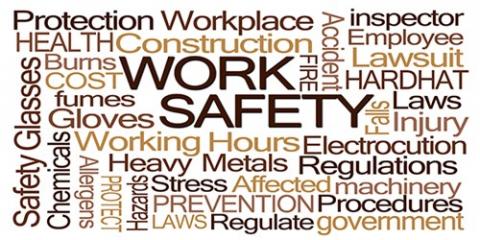
What do you make of the word duty? It’s not a word that immediately attracts or inspires me. It smacks of obligation, of having to do something that goes against the grain. Yet without it society would fall apart.
The household duties which, unless you are person of privilege employing others, include washing the pans, cleaning the kitchen and bathroom floors, vacuuming the carpets, putting out the bins for the refuse collectors, ironing clothes, polishing shoes, and the myriad small chores that need attending to. On these things family relationships hang or fall apart. All the more so when so many of us have had to work from home during the Covid pandemic.
I was prompted to reflect on this after watching the reruns of the award-winning BBC drama Line of Duty written by Jed Mercurio. Intriguing title. It is a police procedural about AC12, the imagined Anti-Corruption unit aimed at exposing bent officers in the British police. It is mesmerising, not least because of the forensic detail the AC12 officers have to pore over to follow a trail that leads eventually to a conviction. It’s the detail and their sense of duty that count.
Duty and commitment are closely linked. Without a commitment to maintaining a law-abiding society, where criminals cannot operate with impunity, there is no incentive to do the detailed work needed to find and convict a criminal.
So duty is a morally-based word. It is more than just doing your job well. A policeman might say, 'I have a moral duty to protect society.' Equally, whistleblowers have a sense of moral duty to the organizations and societies they operate in. They often love their organizations and feel outraged when there is corruption going on which needs to be exposed. Organizations have a duty of care to protect whistleblowers instead of ostracising them. And they have a duty of care to all employees, such as providing training, safe working environments, safety clothing and equipment. It is the opposite of negligence. Major industrial accidents, from explosions and oil spills to the Zeebrugge shipping disaster in which 193 people were killed in 1987, are due to a failure of implementing procedures in the duty of care.
We talk about the duties of the police service, public service broadcasting, the National Health Service—and who better than nurses, doctors, dentists and vets demonstrate the spirit of service, the duty of care? A person producing anti-Covid masks might say, 'I have a duty to produce so many masks a day,' because they recognise that they are part of a society where everyone needs each other. There is a spirit of care for everyone, a duty of care, which is evident throughout the NHS and its suppliers.
All around us a duty of care abounds, from shopkeepers and waiters to public transport drivers and conductors. The Queen is renowned for her sense of duty. It is a quality that has defined the monarchy: her attention to serving others, her subjects, her country and the Commonwealth of Nations. It is a quality that has endeared her to the public. Whether you are a monarchist or a republican, it is possible to admire that quality in her.
Some might call it servant leadership: the notion of washing the feet of the disciples, in the example that Jesus set: the leader getting down on his (or her) knees in the most menial of tasks to clean the dusty feet of travellers, as an example in doing the humble or dirty work. It requires, and encourages, the virtue of unselfishness, one of the moral standards advocated by Initiatives of Change.
We all have a duty of care towards one another. It is what oils the wheels of society. It might go against the grain, challenging our self-will or sloth. But in the end it can become a habit of a lifetime as we learnt to love the duty of care. It becomes an expression of love—and then it’s no longer a duty.
